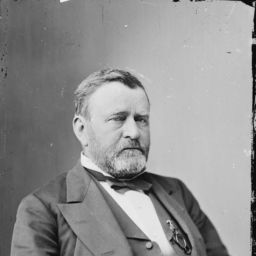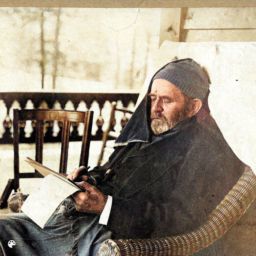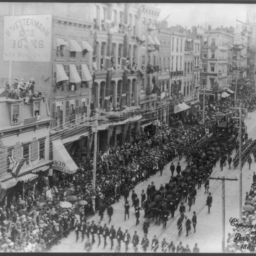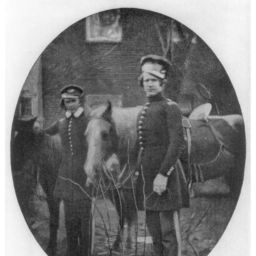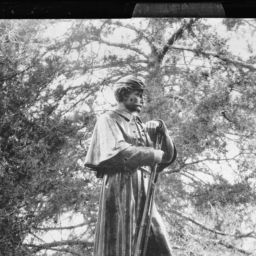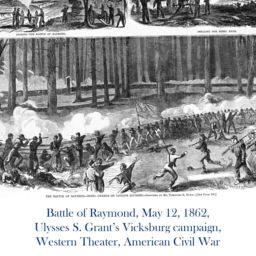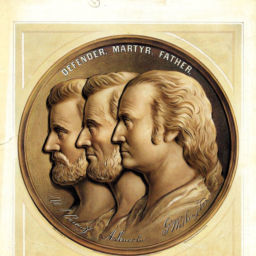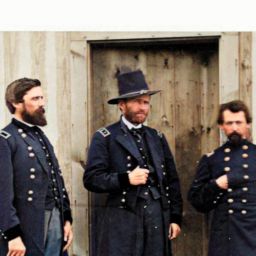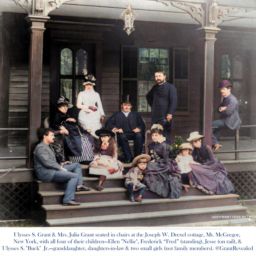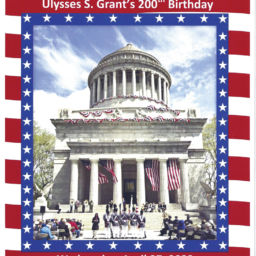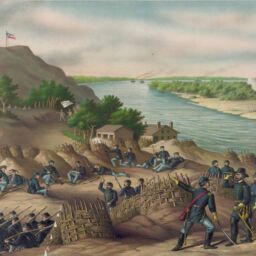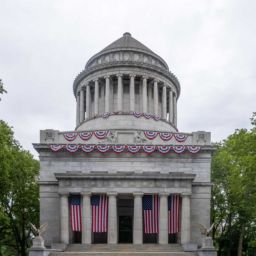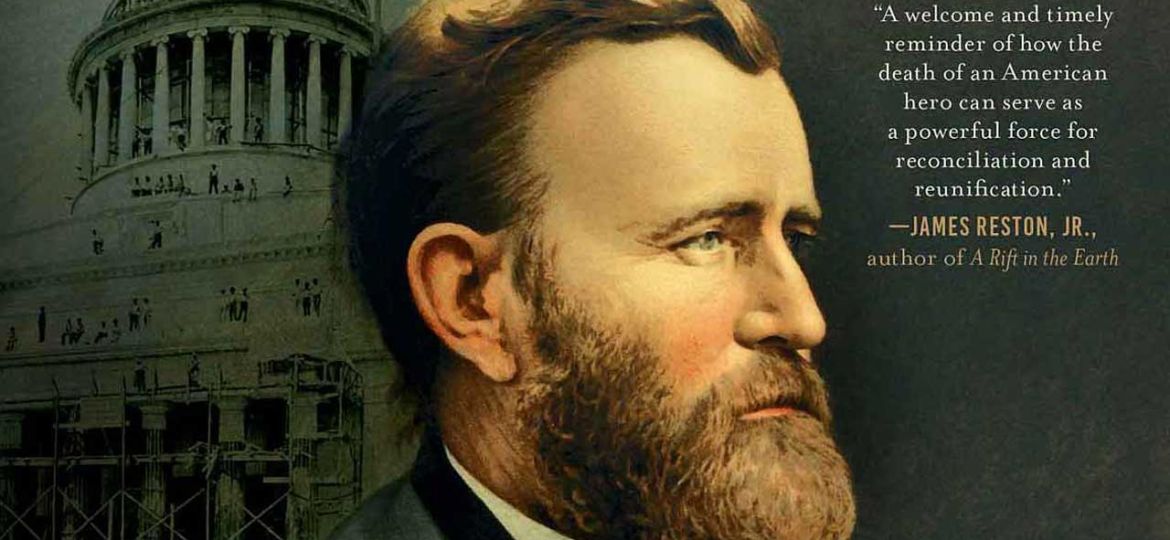
Louis L. Picone’s Grant’s Tomb: The Epic Death of Ulysses S. Grant and the Making of an American Pantheon (2021) has hit the #1 spot in Amazon.com’s presidential biographies category.
Picone, a New Jersey-based presidential historian and writer, also teaches at William Paterson University and is a trustee and board member of the Grover Cleveland Birthplace Memorial Association in Caldwell, New Jersey.
Picone’s book’s popularity coincides fittingly with the runup to April 27, 2022, the 200th anniversary of Ulysses S. Grant’s birth in Point Pleasant, Ohio, and the beginning of a bicentennial celebration of Grant’s place in American history.
Ulysses S. Grant should be remembered as more than just “the guy on the $50 bill.”
“Lost Cause” historical interpretations about the American Civil War and Reconstruction romanticized the secessionist rebellion of the 11 confederated Southern slave states that sought to break the American republic rather than accept the election of Abraham Lincoln as U.S. president, who endorsed the Republican Party’s goal of ending the expansion of slavery into any American territories.
According to the Lost Cause narrative, Ulysses S. Grant treated Union soldiers as cannon fodder, inexpertly winning the Civil War, often while drunk, only by virtue of superior manpower and resources.
Grant also bore Lost Cause historians’ assessment of Reconstruction as the Southern white majority’s suffering under Northern Republicans’ abuses of power—retained by corruption and U.S. federal military occupation—and Black elected officials’ ineptitude. The narrative paints as valiant the scenes of Southern militias “redeeming” the South through violence and intimidation of Black voters, often with the tacit or explicit consent of local law enforcement and judges.
Today, the views of Grant and Reconstruction are more expansive. Both Grant and Reconstruction were flawed. Both were a mixture of feats and failures.
But both deserve their ongoing reexaminations, perhaps especially given how U.S. Grant and Reconstruction resonate with discussions today concerning race, division, democracy, and the American experiment.


